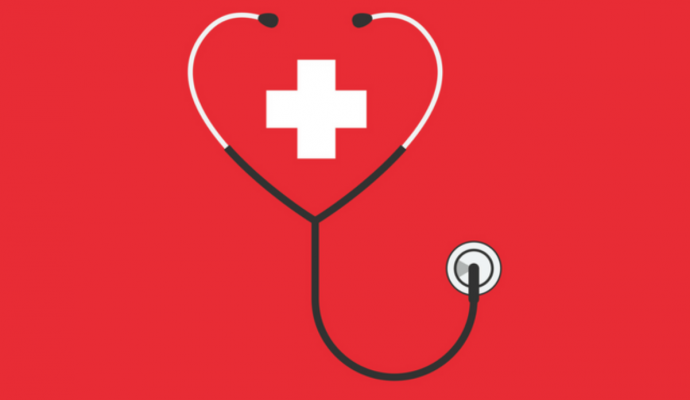Abbott Enrolls First Patient in Spinal Cord Stimulation Study
The study will uncover if Abbott’s BurstDR spinal cord stimulation therapy helps patients who have chronic low back pain with limited surgical options.

Source: Thinkstock
- Abbott recently announced the first patient has been enrolled in a study to investigate the efficacy of the company’s BurstDR spinal cord stimulation (SCS) in individuals with chronic low back pain that cannot be managed with standard medical care.
DISTINCT is a multi-center, randomized, controlled clinical study designed to evaluate improvement in pain, physical function, and emotional well-being in individuals with chronic low back pain.
The 270 Individuals enrolled in the study have not had lumbar spine surgery or may not be eligible for surgery.
“Unlike other spinal conditions, there is a lack of clear treatment guidelines for people living with severe low back pain who are ineligible for back surgery and are unresponsive to traditional medical treatments and rehabilitation methods,” said James J. Yue, MD, associate clinical professor in the department of surgery at Frank H. Netter school of medicine, in a statement.
“The lack of evidence-based guidelines leads to an imbalance of care for this specific subset of patients. These patients need more treatment alternatives,” added Yue, also the co-principal investigator of the trial.
The study will compare Abbott’s BurstDR SCS to conventional medical management using medication and other non-surgical methods to treat the patient’s pain, an Abbott spokesperson said.
The primary and secondary endpoints of the study will capture participant’s improvement in physical function and pain relief. Other endpoints will evaluate quality of life measures, including depression, sleep, emotional distress, medication usage, and overall participant satisfaction.
Following six months of treatment, all participants will have an option to cross over, which presents an opportunity for those in the medical management arm of the study to opt for BurstDR stimulation in the open label part of the study, Abbott said.
“The DISTINCT study will provide important data in our clinical development program for intermittently dosed BurstDR stimulation,” said Keith Boettiger, vice president of neuromodulation for Abbott, in a statement.
“For the patients, we see this as a unique opportunity to address their suffering as well as their pain,” he added.
Nearly 1.5 billion individuals globally are affected by chronic pain. SCS delivers a lower voltage electrical current to block the sensation of pain. It also offers an alternative to opioid therapy, Abbot said.
At the end of January, Abbott announced positive results from a multicenter study of the BurstDR stimulation, which showed that “microdosing” can provide pain relief that is just as effective as standard care in individuals with chronic low back pain.
The BOLD study uncovered a way to prolong the life of a patient’s SCS device while also providing a path toward ensuring lower-maintenance recharge-free SCS devices.
Specifically, 100 percent of patients experienced pain relief with less than six hours of battery use per day, while 43 percent of patients achieved pain relief with less than two hours of battery use per day.
But in a separate study, BURST(able), researchers noted that patients who no longer received effective pain relief from their SCS therapy experienced restored pain control and reduced opioid dependency when they switched to an Abbott device offering BurstDR.
For example, 60 to 70 percent of patients saw reduction in their pain and 41 to 55 percent saw reduction in their opiate consumption.
"Loss of efficacy often leads to patients reverting back to chronic opioid therapy or left with no good alternative therapy options,” Corey Hunter, MD, interventional pain specialist at the Ainsworth Institute of Pain Management, assistant clinical professor at Mount Sinai Hospital and primary investigator of the BURST(able) study, said in the January announcement.
